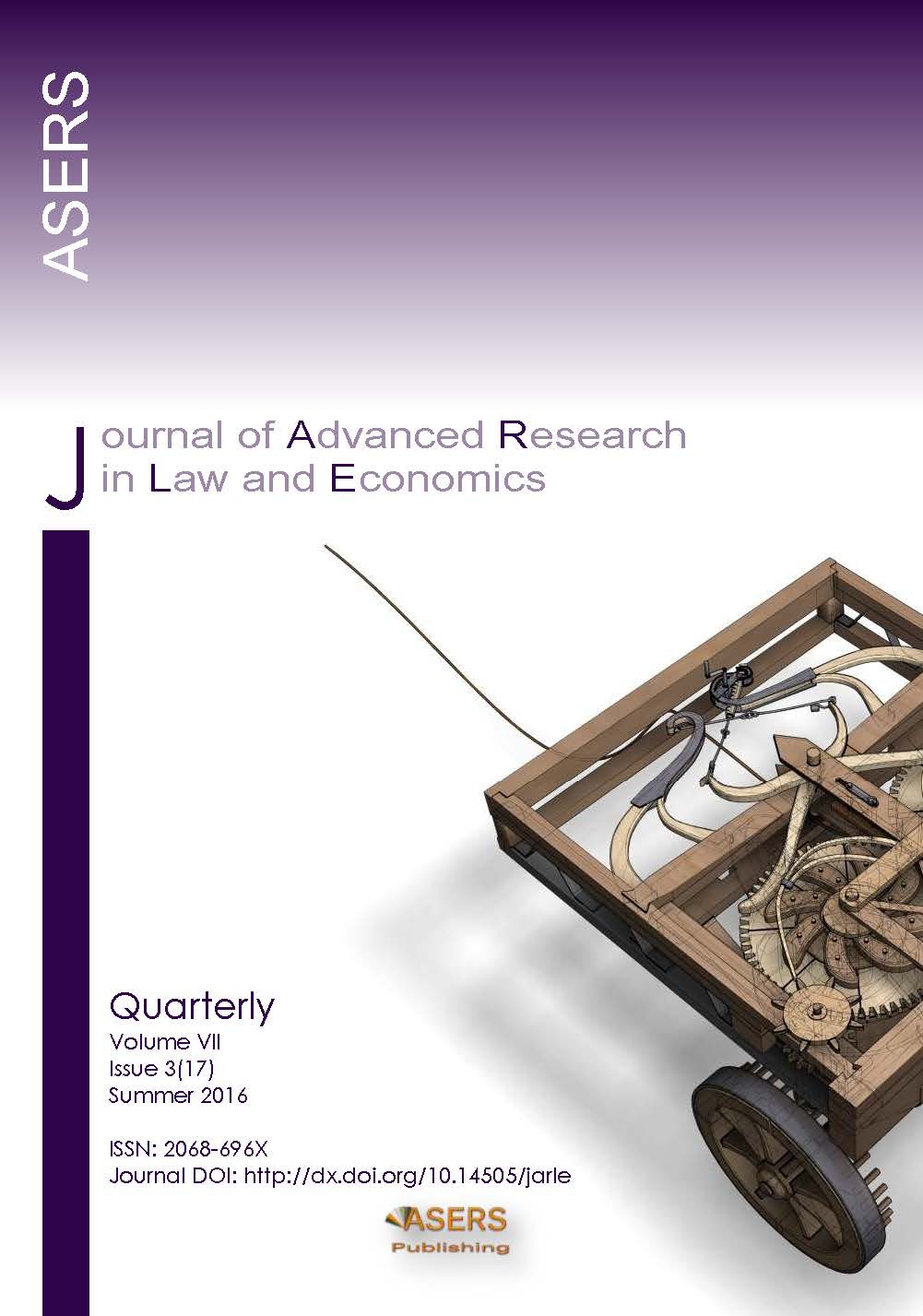Socially-Oriented Development of the Central Asia Countries and the Development of 'New Economy', on the Example of Kazakhstan
Socially-Oriented Development of the Central Asia Countries and the Development of 'New Economy', on the Example of Kazakhstan
Author(s): Yuriy I. Ossik, Erkara B. Aimagambetov, Kuandyk S. AinabekSubject(s): Social Sciences
Published by: ASERS Publishing
Keywords: new economy; globalization; the Republic of Kazakhstan;
Summary/Abstract: The urgency of the issue to ensure the socio-oriented development of the modern state is caused historically. In insufficient attention to the social sphere even the large state suffered considerable losses during the civil conflict, and sometimes ceased to exist. Therefore, the importance of social responsibility of states, their attention to the needs of citizens is vital, not realizing it, such empires were lost as Austro-Hungarian, Ottoman, Russian and others. The article is devoted to research the issues of functioning of the Central Asian countries, of challenges and opportunities to ensure their socio-oriented development in the conditions of formation and distribution of the model of ‘new economy.’ The necessity of the structure and characteristics of the content of ‘new economy’ are caused as a phenomenon with specific characteristics and properties. The article presents an analysis of the concept of socially-oriented development, as well as the role and place of the ‘new economy’ as a concept characterizing the conditions of interaction of economic actors in society. The place of the ‘new economy’ as a tool for national development is determined. The author's system of interaction between the elements of the ‘new economy’ is considered. Development conclusions regarding the transition to the features of the ‘new economy’ can have practically useful findings for the formation of state policy in the sphere of implementation of changes. It revealed the risks of transition of states with the backlog of major powers to the ‘new economy’. This revealed that the transition to the ‘new economy’ is objectively conditioned and all states will gradually move to it from the traditional economy.
Journal: Journal of Advanced Research in Law and Economics (JARLE)
- Issue Year: VII/2016
- Issue No: 17
- Page Range: 590-599
- Page Count: 10
- Language: English
- Content File-PDF

